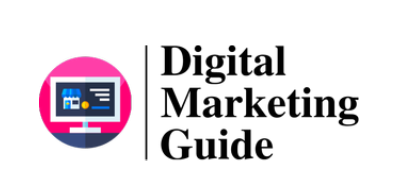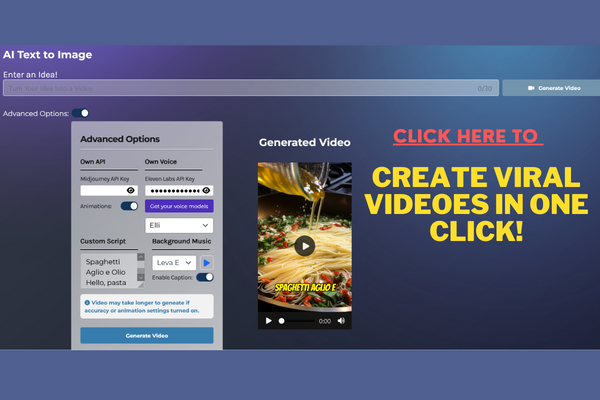
Do you ever wonder how much of the information you come across is accurate? In a world filled with digital content and social media platforms, it can be challenging to separate fact from fiction. That’s why fact-checking has become increasingly important. In this blog post, we will explore the dangers of relying on unchecked information and why it is crucial for you to understand the importance of fact-checking in today’s fast-paced digital age. So, let’s dive in and uncover the truth together.
The Importance of Fact-Checking: Understanding the Dangers
Introduction
In today’s digital world, information is readily available at our fingertips. With just a few clicks, we can access countless articles, blog posts, and videos on any topic. However, in a society where content creation and consumption are increasing at an unprecedented rate, the importance of fact-checking cannot be emphasized enough. This article explores the dangers of not fact-checking and highlights why it is crucial for everyone, especially SEOs and website builders, to verify the information they come across.
The Risks of Relying on One-Click Article Generators
With the advent of artificial intelligence (AI), one-click article generators have become increasingly popular among content creators. These tools promise to save time and effort by automatically generating well-written articles. While they may seem convenient, relying solely on these generators without fact-checking can be detrimental.
A recent incident involving a lawyer serves as a cautionary tale. The lawyer quoted a fake case that was generated by an AI tool. As a result, the lawyer not only lost credibility in court but also looked like an idiot. This incident demonstrates the dangers of blindly trusting AI-generated content without verifying its accuracy.
The Pitfalls of Neglecting Fact-Checking on Social Media
Social media platforms, such as Twitter, have revolutionized the way information is disseminated. While these platforms offer an opportunity for individuals to voice their opinions and share knowledge, they also make it easy for misinformation to spread like wildfire. People often share articles, tweets, and videos without fact-checking them to the level they should.
Instances of false information going viral are rampant on social media. This can lead to widespread beliefs and misconceptions based on inaccurate data. In an era where information travels at the speed of a tweet, it is crucial to be vigilant and fact-check the content we encounter.
The Time-Consuming Nature of Fact-Checking
Fact-checking a full written article is a time-consuming task. It involves cross-referencing information, verifying sources, and ensuring the accuracy of every statement. Content creators who post a large volume of content may not have the time or resources to thoroughly fact-check each piece. This can lead to inaccuracies and potentially harm the reputation of both the creator and their audience.
The Long-Term Consequences of Not Fact-Checking
While overlooking fact-checking may seem harmless in the short term, it can have significant long-term consequences. Inaccurate information can misguide individuals, impact decision making, and even shape public opinion. Moreover, in professional settings, such as SEO and website building, unreliable content can damage reputations, lose trust, and hinder the growth of a business or website.
Conclusion
In conclusion, the importance of fact-checking cannot be overstated. In an era where information is generated and disseminated at an unprecedented rate, it is crucial to verify the accuracy of the content we encounter. Relying solely on one-click article generators without fact-checking, neglecting to verify social media posts, and failing to fact-check a full written article can all have serious implications. Failing to fact-check can not only harm individuals but also the overall credibility of the information ecosystem. By prioritizing fact-checking, we can ensure that we are consuming and creating reliable, trustworthy content.
FAQs After The Conclusion:
- Does fact-checking apply to all forms of content?
- How can one identify reliable sources for fact-checking?
- Are there any fact-checking tools available to assist content creators?
- What steps can be taken to promote fact-checking on social media platforms?
- Are there any legal consequences for spreading misinformation without fact-checking?

